University of Maryland Center for Environmental Science, Horn Point Laboratory Professor Raleigh Hood and a group of researchers from 3 other institutions throughout the United States have been awarded a $1.4 million grant by the National Science Foundation (NSF). The 4-year project will develop a coupled modeling system to represent and simulate the complex interrelationships between humans and the environment. Solving human issues depends, to a great extent, on understanding the interdependence of humans and the environment.
We have a much greater understanding about how the environment responds to human decisions than about how humans respond to a changing environment and how these responses drive decision-making. Human behaviors drive changes in transportation, land use, water quality, and ultimately living resources, such as fish habitat and seagrass growth. To date, we do not have the ability to predict how human-induced changes in the environment feed back and impact humans. “Computer simulation modeling is a powerful tool that allows us to predict how humans are impacting Chesapeake Bay water quality both now and far into the future,” shared Dr. Hood.
Coupled modeling allows us to predict the effect of two subjects on one another and an overall system. This project will develop a coupled modeling system that is capable of representing and simulating the complex interrelationships among socio-economic activity, transportation, land use, land cover, and water quality with two-way feedbacks between humans and the environment. “We currently have the computational tools we need to predict how human-induced nutrient pollution impacts water quality and living resources in Chesapeake Bay. The revolutionary thing about this project is that it will develop new tools that allow us to predict how degraded water quality impacts human decisions and actions aimed at restoring Chesapeake Bay,” said Hood.
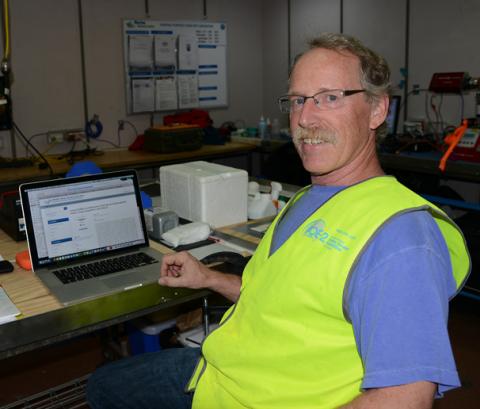
Horn Point Laboratory Professor Raleigh Hood
Hood and his team will use this modeling system to predict how socio-economic changes and policy decisions in the Chesapeake Bay watershed impact water quality. And, how changes in water quality, such as changes in the size of “dead zones”, in the Chesapeake Bay influence human behavior and decision-making. These predictions will be based on examination of multiple plausible future scenarios that build on various realizations of land uses, including smart growth versus business as usual, in the context of climate change. Examination of several scenarios will allow the team to determine how environmental degradation can potentially impact different communities and how they can drive different policies and actions for land use, transportation, and land cover. All of the scenarios will be run in the context of climate change to account for impacts on future efforts to restore Chesapeake Bay.
Humans have impacted water quality and living resources across the country, what is learned in this project will be applicable to other regions. Hood summarized the project by stating, “This effort will bring together academic scientists and managers to create new, state of the art computational tools that will help us restore Chesapeake Bay.”
The Horn Point Laboratory, located on more than 800 acres on the banks of the Choptank River on Maryland’s Eastern Shore, has advanced society’s understanding of the world’s estuarine and ocean ecosystems. Horn Point scientists are widely respected for their interdisciplinary programs in oceanography, water quality, restoration of sea grasses, marshes and shellfish and for expertise in ecosystem modeling. With ongoing research programs spanning from the estuarine waters of the Chesapeake Bay to the open waters of the world’s oceans, Horn Point is a national leader in applying environmental research and discovery to solve society’s most pressing environmental problems.
UNIVERSITY OF MARYLAND CENTER FOR ENVIRONMENTAL SCIENCE
A globally eminent research and graduate institution focused on advancing scientific knowledge of the environment, the University of Maryland Center for Environmental Science provides sound advice to help state and national leaders manage the environment and prepares future scientists to meet the global challenges of the 21st century. www.umces.edu



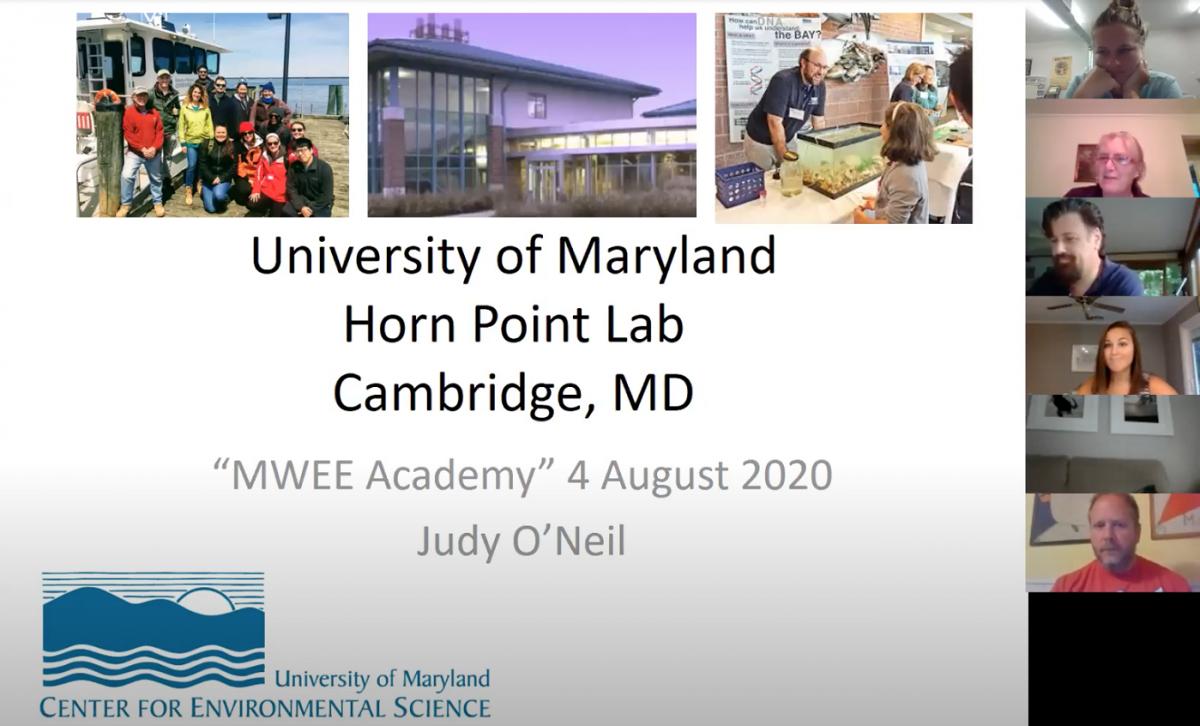
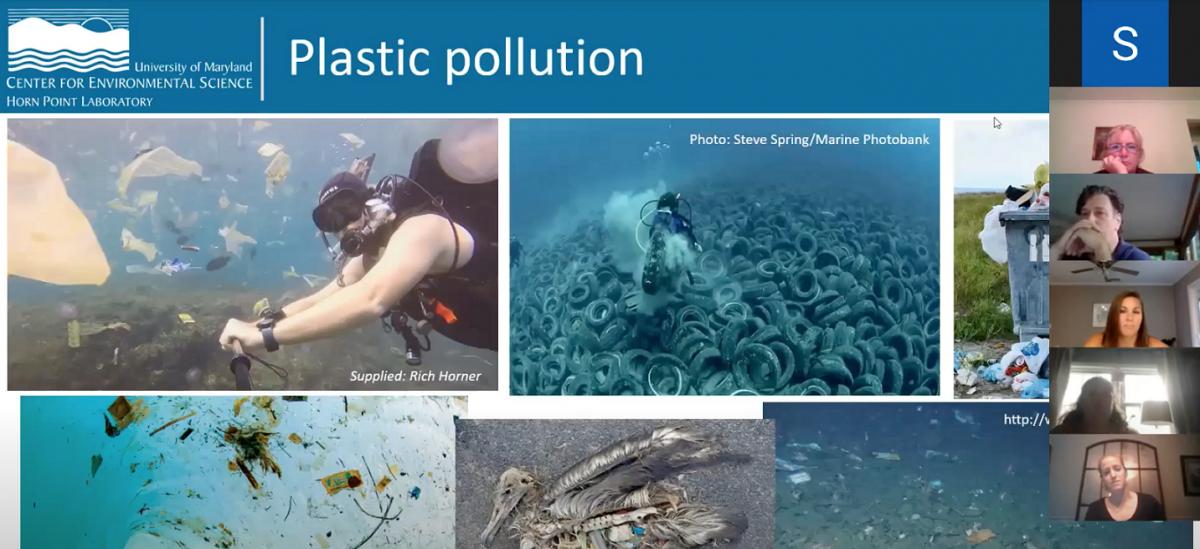

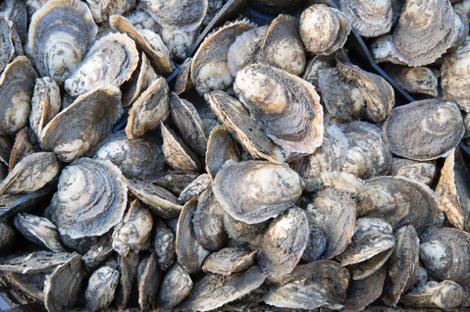 “Oysters—including those being grown in farms—improve the environment, so the expansion of the industry will also benefit the Chesapeake Bay’s health,” said Gray. “We’re excited to see how technology can improve production while at the same time making that production more ecologically sustainable or even beneficial to the environment.”
“Oysters—including those being grown in farms—improve the environment, so the expansion of the industry will also benefit the Chesapeake Bay’s health,” said Gray. “We’re excited to see how technology can improve production while at the same time making that production more ecologically sustainable or even beneficial to the environment.”
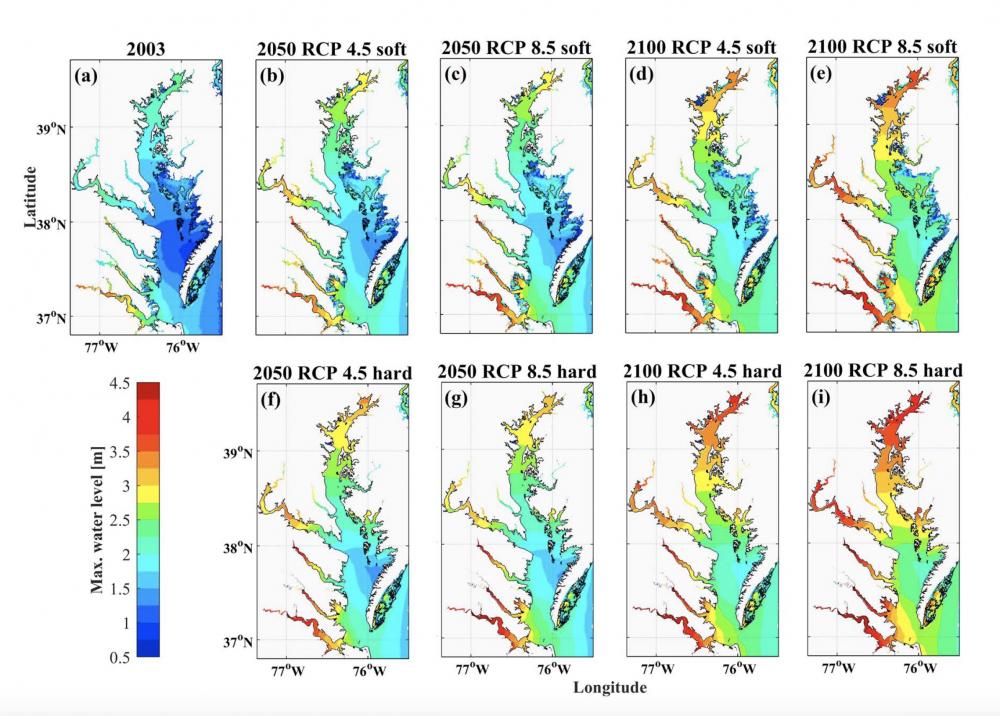

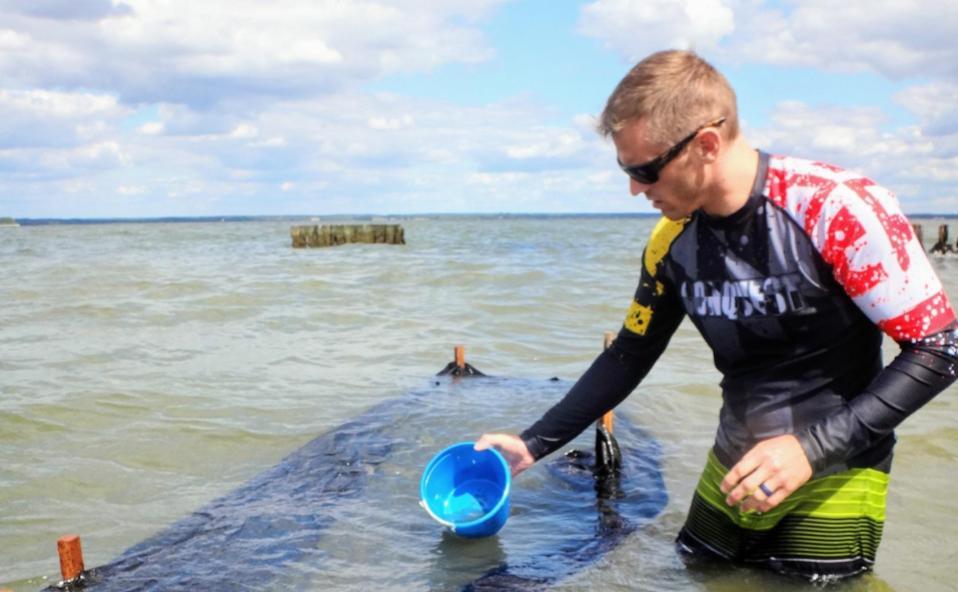
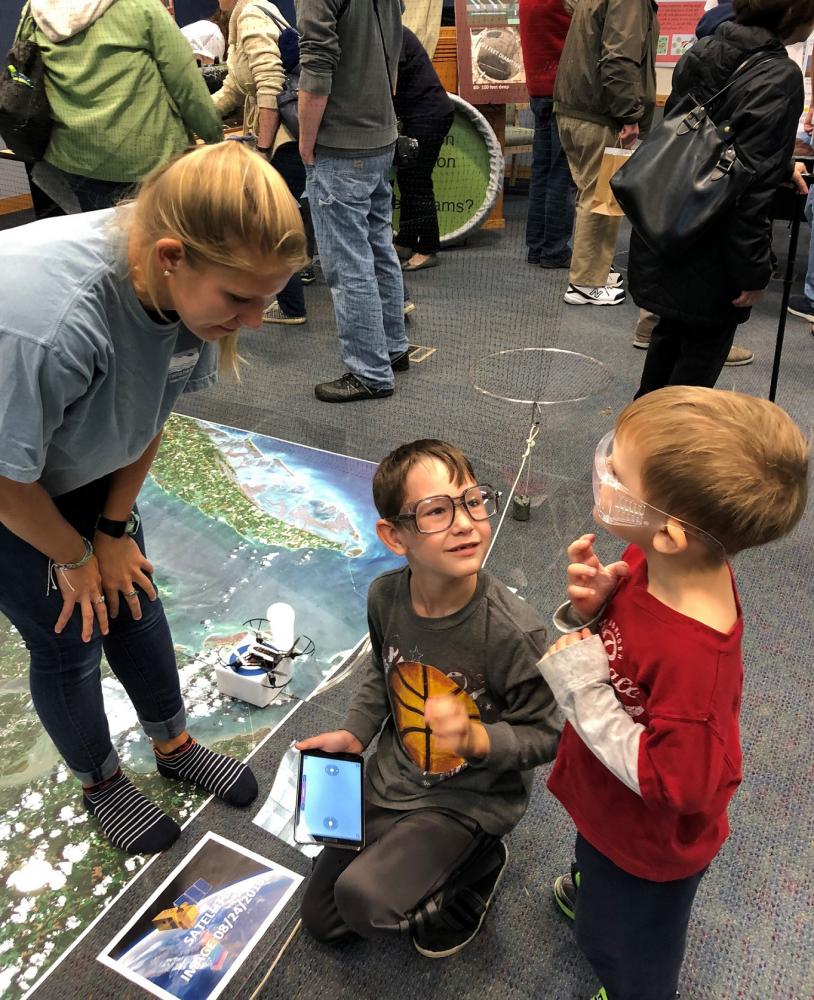
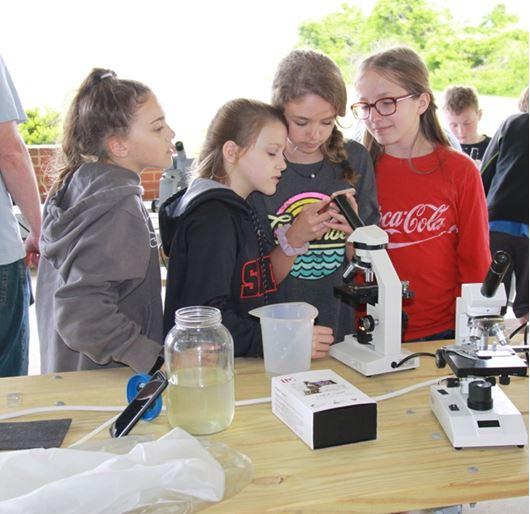

 Search the interactive climate map for your city at
Search the interactive climate map for your city at  Climate-analog mapping is a statistical technique that matches the expected future climate at one location—your city of residence, for instance—with the current climate of another familiar location to provide a place-based understanding of climate change. Scientists analyzed 540 urban areas, mapping the similarity between that city’s future climate expected by the 2080s and contemporary climate in the western hemisphere north of the equator using 12 measures of climate, including minimum and maximum temperature and precipitation during the four seasons.
Climate-analog mapping is a statistical technique that matches the expected future climate at one location—your city of residence, for instance—with the current climate of another familiar location to provide a place-based understanding of climate change. Scientists analyzed 540 urban areas, mapping the similarity between that city’s future climate expected by the 2080s and contemporary climate in the western hemisphere north of the equator using 12 measures of climate, including minimum and maximum temperature and precipitation during the four seasons.